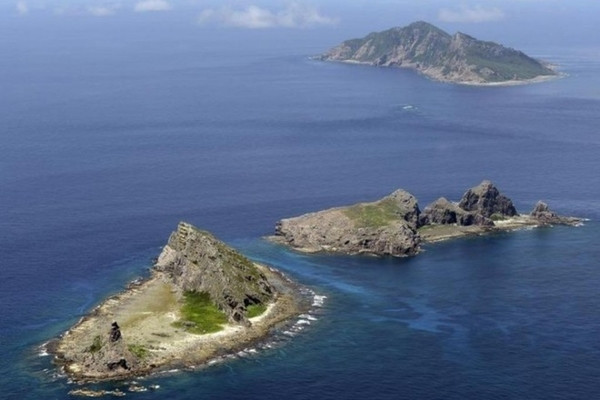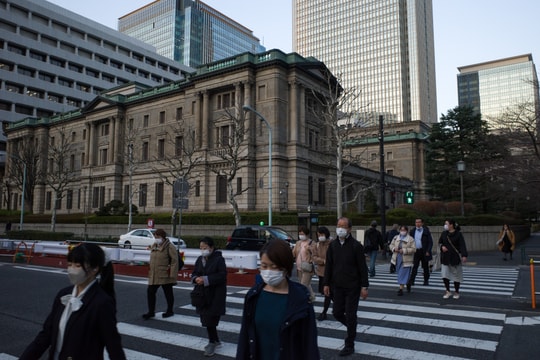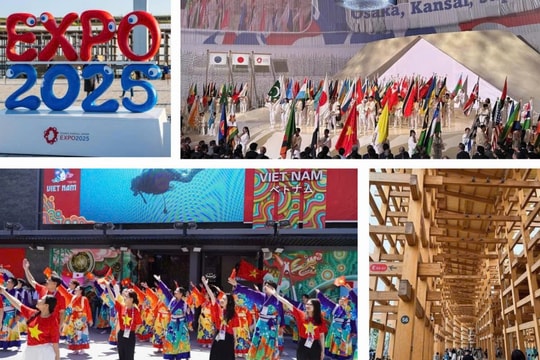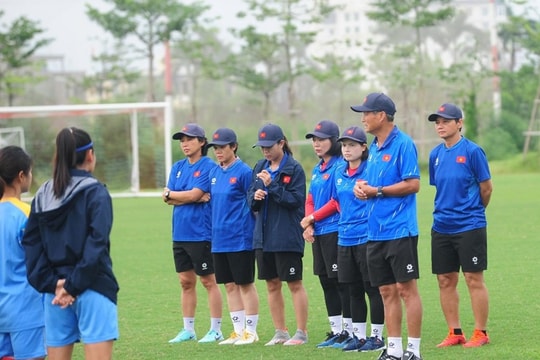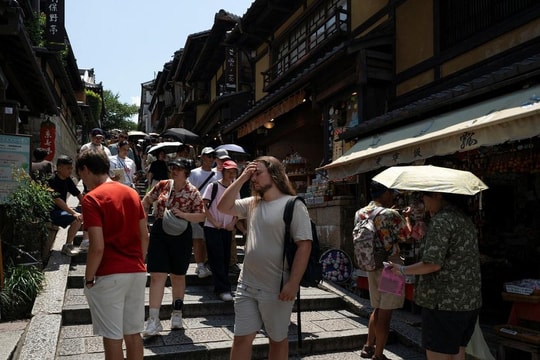Japan allows coast guard to open fire on foreign ships encroaching on disputed islands
Members of Japan's ruling LDP party affirmed after a government meeting on February 25 that the Japan Coast Guard (JCG) could directly open fire on foreign ships intending to violate the Senkaku/Diaoyu Islands.
According to Kyodo News, during a meeting on defense policy of the Liberal Democratic Party (LDP), officialsJapanhas verified this new interpretation in the current laws. Accordingly, the JCG can open fire on vessels intending to violate the Senkaku Islands (called Diaoyu by China), by considering these vessels to be committing violent crimes within the framework of the current law.
|
| The Senkaku/Diaoyu Islands are disputed between Japan and China. Photo: Reuters |
Previously, the Japanese government said that its coast guard vessels are only allowed to fire directly at foreign vessels in cases of self-defense and emergency escape. The use of force against foreign vessels is considered contrary to the war-renouncing covenants stipulated in the Japanese Constitution, as well as the country's special defense-oriented policies.
This is the first time government officials have mentioned the possibility of JCG firing on foreign ships that enter Japanese territory, according to Taku Otsuka, head of the LDP's National Defense Committee and chair of the meeting on February 25.
Kyodo News also said there are growing concerns in Japan that the country cannot cope with China's assertiveness over the Senkaku/Diaoyu Islands, which the two countries dispute.
Last year, Chinese coast guard vessels entered Japanese territorial waters near the Senkaku/Diaoyu Islands about twice a month. Since Beijing’s coast guard law took effect earlier this month, the frequency has increased to twice a week, according to the JCG.
On February 25, in a video broadcast at a symposium, Japanese Prime Minister Suga Yoshihide said that the security environment in the Indo-Pacific region is becoming more complex. The Japanese Prime Minister also expressed concern that "the expansion of military capabilities without transparency and unilateral attempts to change the status quo by force or coercion" continue to occur in the region.
"I believe that a free and open order based on the rule of law, not force or coercion, can bring peace and prosperity to the region and the world," Mr. Suga Yoshihide emphasized.

